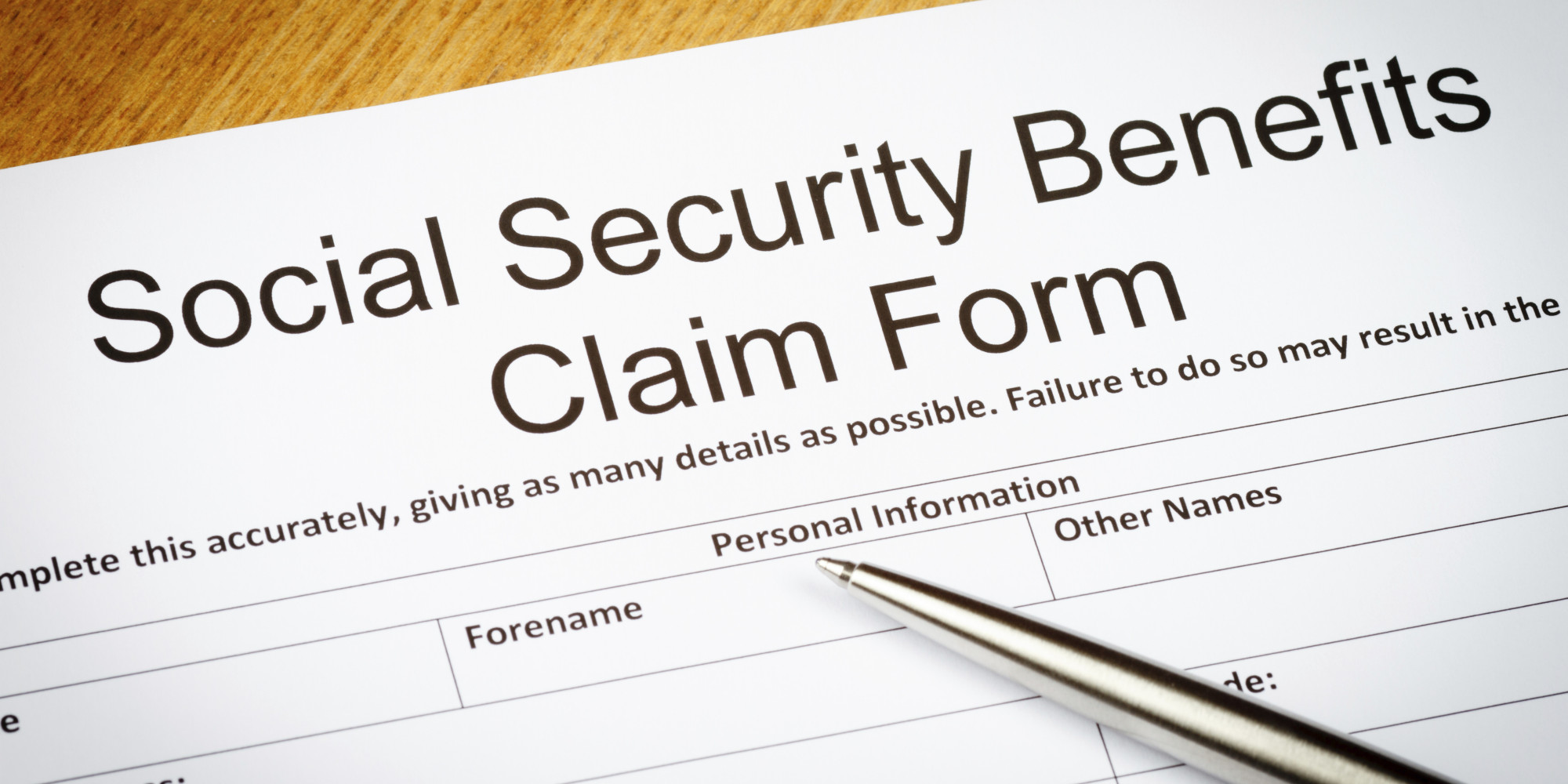 Are you taking care of an elderly parent or relative?
Whether it's driving to doctor appointments, paying for nursing home care or
medical expenses, or handling their personal finances, dealing with an elderly
parent or relative can be emotionally and financially draining, especially when
you are taking care of your own family as well.
Are you taking care of an elderly parent or relative?
Whether it's driving to doctor appointments, paying for nursing home care or
medical expenses, or handling their personal finances, dealing with an elderly
parent or relative can be emotionally and financially draining, especially when
you are taking care of your own family as well.
Fortunately, there is some good news: You may be able to
claim your elderly relative as a dependent come tax time, as long as you meet
certain criteria. Here's what you should know about claiming an elderly parent
or relative as a dependent:
Who Qualifies as a Dependent?
The IRS defines a dependent as a qualifying child or
relative. A qualifying relative can be your mother, father, grandparent,
stepmother, stepfather, mother-in-law, or father-in-law, for example, and can
be any age.
There are four tests that must be met in order for a person
to be your qualifying relative: not a qualifying child test, member of
household or relationship test, gross income test, and support test.
Not a Qualifying Child
Your parent (or relative) cannot be
claimed as a qualifying child on anyone else's tax return.
Residency
He or she must be U.S. citizen, U.S.
resident alien, U.S. national, or a resident of Canada or Mexico; however, a
parent or relative doesn't have to live with you in order to qualify as a
dependent.
If your qualifying parent or relative does live with you,
however, you may be able to deduct a percentage of your mortgage, utilities,
and other expenses when you figure out the amount of money you contribute to
his or her support.
Income
To qualify as a dependent, income
cannot exceed the personal exemption amount, which in 2016 (and 2017) is
$4,050. In addition, your parent or relative, if married, cannot file a joint
tax return with his or her spouse unless that joint return is filed only to
claim a refund of withheld income tax or estimated tax paid.
Support
You must provide more than half of a
parent's total support for the year such as costs for food, housing, medical
care, transportation and other necessities.
Claiming
the Dependent Care Credit
You may be able to claim the child
and dependent care credit if you paid work-related expenses for the care of a
qualifying individual. The credit is generally a percentage of the amount of
work-related expenses you paid to a care provider for the care of a qualifying
individual. The percentage depends on your adjusted gross income. Work-related
expenses qualifying for the credit are those paid for the care of a qualifying
individual to enable you to work or actively look for work.
In addition, expenses you paid for
the care of a disabled dependent may also qualify for a medical deduction. If
this is the case, you must choose to take either the itemized deduction or the
dependent care credit. You cannot take both.
Claiming
the Medical Deduction
If you claim the deduction for
medical expenses, you still must provide more than half your parent's support;
however, your parent doesn't have to meet the income test.
The deduction is limited to medical
expenses that exceed 10 percent of your adjusted gross income (For tax years
2013-2106, this amount is 7.5 percent if either you or your spouse was born
before January 2, 1949), and you can include your own unreimbursed medical
expenses when calculating the total amount. If, for example, your parent is in
a nursing home or assisted-living facility, any medical expenses you paid on
behalf of your parent are counted toward the 10 percent figure. Food or other
amenities, however, are not considered medical expenses.
What
if you share care-giving responsibilities?
If you share care-giving
responsibilities with a sibling or other relative, only one of you--the one
proving more than 50 percent of the support--can claim the dependent. Be sure
to discuss who is going to claim the dependent in advance to avoid running into
trouble with the IRS if both of you claim the dependent on your respective tax
returns.
Sometimes, however, neither caregiver pays more than 50
percent. In that case, you'll need to fill out IRS Form 2120, Multiple
Support Declaration, as long as you and your sibling both provide at least
10 percent of the support towards taking care of your parent.
The tax rules for claiming an elderly parent or relative are
complex. If you have any questions, help is just a phone call away.





